
Artificial intelligence + Stock Market Trading = Inevitable!
Well, the advent of AI in the stock market was only a question of time.
The impact of Artificial intelligence (AI) is changing the process of how one makes stock market trades. This means that AI provides them with tools to look at large datasets, identify trends, and execute very efficient trades.
Here is a detailed summary of the best AI stock market trading software platforms, focusing on features, fees, and investment requirements.
10 Best AI Stock Market Trading Software Platforms
We are going to look at the 10 best AI stock market trading software platforms based on the key features, minimum investment, supported assets, and other parameters.
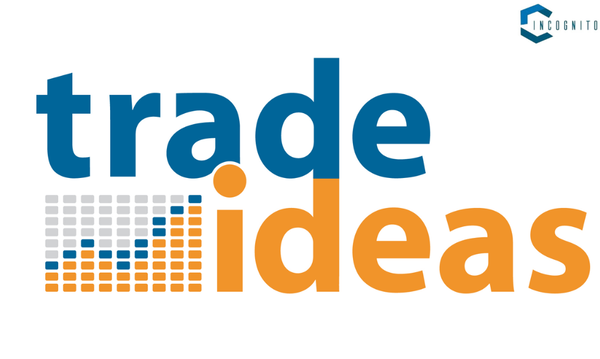
Trade Ideas
1. Trade Ideas
Trade Ideas has the popular AI trading assistant known as Holly, which scans market data and sends ideas about possible high-probability trading opportunities.
- Key Features: Real-time scanning, backtesting capabilities, customizable alerts
- Fees: Starting at $118/month
- Minimum Deposit: Not specified
- Minimum Investment Requirements: None required
- Supported Assets: Stocks, ETFs.
- Type of AI Trading Tools: Predictive analytics, stock screening.
- Pros: Provides very wide and custom available options; offers good educational resources.
- Cons: Its subscription fees are relatively higher compared to some competitors; it has a learning curve when used by new users.
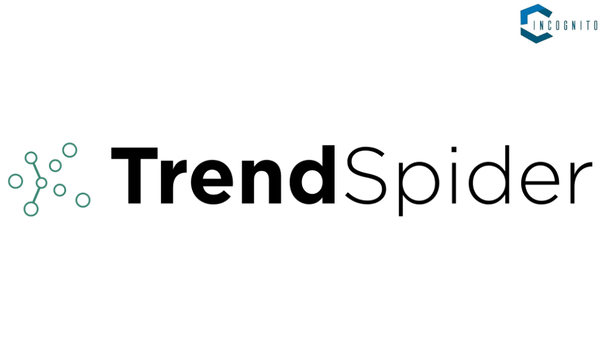
TrendSpider
2. TrendSpider
TrendSpider is a highly advanced AI application that automates technical analysis while helping the user identify market trends and patterns.
- Key Features: Automated charting, multi-timeframe analysis, customizable alerts.
- Fees: The starting price starts at $29/month.
- Minimum Deposit: No requirement specified.
- Minimum Investment Requirements: There is no minimum investment required.
- Supported Assets: Stocks, ETFs, options.
- Type of AI Trading Tools: Technical analysis automation.
- Pros: User-friendly interface. Easy for traders.
- Cons: Very few tools are offered for fundamental analysis; it may not fit all trading styles.
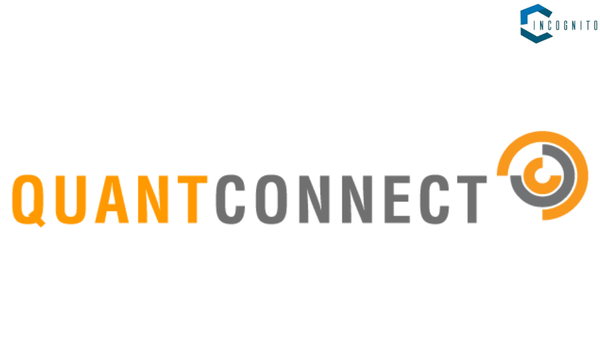
QuantConnect
3. QuantConnect
QuantConnect is a cloud-based algorithmic trading service that helps users build, backtest, and deploy strategies in several programming languages.
- Key Features: Supports C#, Python, and has a huge library of data to backtest through.
- Fees: Offers free of charge with some paid attributes.
- Minimum Deposit: This is dependent on the brokerage for the live trading.
- Minimum Investment Requirements: There is no minimum investment.
- Supported Assets: Stocks, options, futures, forex.
- Type of AI Trading Tools: Algorithmic trading development.
- Pros: Highly customized and has a great support through community.
- Cons: One would require to understand the coding aspect; not that easy for beginners as it is complex.
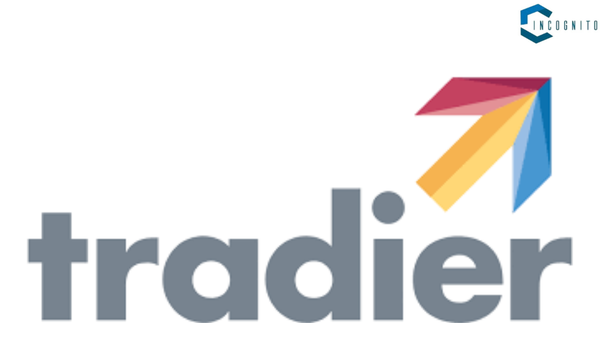
Tradier
4. Tradier
Tradier gives an API-driven platform with AI integration for seamless buying and selling of stocks without hitches. They generate unique trading ideas.
- Key Features: They have the open API for custom app development, low cost transactions.
- Fees: $0 commission on trades; monthly subscription fees may apply depending on usage.
- Minimum Deposit: None specified.
- Minimum Investment Requirements: No minimum investment required.
- Supported Assets: Stocks, ETFs, options.
- Type of AI Trading Tools: API integration, trade idea generation.
- Pros: Flexible solutions; good integration with third-party applications.
- Cons: Can be overwhelming for new traders; limited educational resources.

Sentient Trader
5. Sentient Trader
Sentient Trader uses AI to scan equities and ETFs using cyclical behavior identification and shall aid the intelligent trading decisions.
- Key Features: Provides Scanning of markets in real time and trend visualization.
- Fees: Varies but for most plans is $99 a month.
- Minimum Deposit: Not Applicable.
- Minimum Investment Requirements: No minimum investment required
- Supported Assets: Stocks and ETFs
- Type of AI Trading Tools: Cycles and visualization tools.
- Pros: Good for visualization purposes; educational resources.
- Cons: It may not be perfect for all strategies; advanced features require a stronger learning curve.
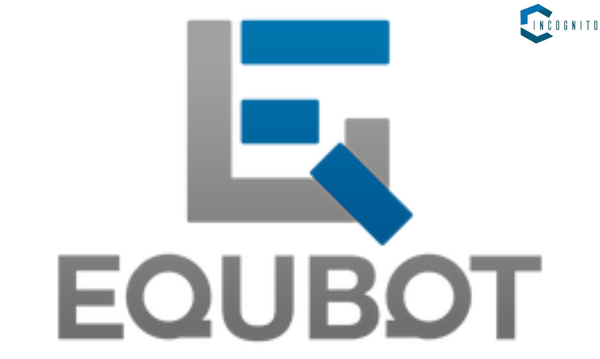
EquBot
6. EquBot
EquBot applies AI and natural language processing to scan market data and derive investment research from the news sentiment.
- Key Features: Portfolio management tools, available with sentiment analysis.
- Fees: Tier-based pricing; look for the most current rates on the website.
- Minimum Deposit: No minimum deposit required
- Minimum Investment Requirements: No minimum investment requirement
- Supported Assets: Stocks, ETFs.
- Types of AI Trading Tools: Sentiment analysis and portfolio optimization.
- Pros: Innovative approach to portfolio management is very easy to use.
- Cons: It has less customization as compared to other competitors.

Alpaca
7. Alpaca
Alpaca offers zero commission trades along with an API, enabling traders to design their algorithms and automate their own trading strategies in the most efficient way possible.
- Key Features: Zero commission trades, easy-to-use API for algorithmic trade.
- Fees: $0 commission on trades; it doesn’t charge any monthly fees on basic accounts.
- Minimum Deposit: None for cash accounts; $2,000 for margin accounts.
- Minimum Investment Requirements: No minimum investment required for cash accounts.
- Supported Assets: Stocks, ETFs.
- Type of AI Trading Tools: Algorithmic trading APIs and backtesting tools.
- Pros: Great for algorithmic traders; integrates well with most platforms.
- Cons: Few educational resources; focuses only US market.
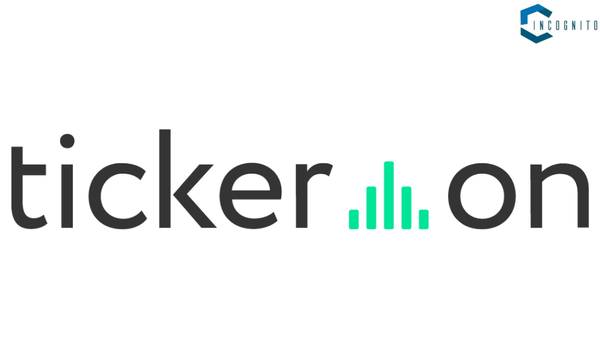
Tickeron
8. Tickeron
Tickeron is a suite of AI-powered tools that use real-time pattern recognition along with trend forecasting thus helping traders in making informed decisions.
- Key Features: Live pattern recognition, auto entry/exit points on the basis of trend.
- Fees: The subscription begins at $39/month and features are available at different levels based on the requirements.
- Minimum Deposit: None mentioned.
- Minimum Investment Requirements: No minimum investment required.
- Supported Assets: Stocks, ETFs, options, forex.
- Type of AI Trading Tools: Provides trend forecasting and pattern recognition tools.
- Pros: Comprehensive Tool suite; easy-to-use interface with access to education resources available.
- Cons: Some of the features are not in the lower-tier subscription, it requires higher-tier subscription; restricted access to the historical data set.

Awesome Oscillator
9. Awesome Oscillator
Awesome Oscillator is a technical indicator tool which allows traders to detect market momentum through automated alerts by moving averages.
- Key Features: Alerts on crossover events between moving averages; graphical illustration of the change in momentum in the market.
- Fees: Mostly free or cheap depending on the platform.
- Minimum Deposit: Not specified
- Minimum Investment Requirements: No minimum investment
- Supported Assets: Stocks and ETFs.
- Type of AI Trading Tools: Indicators and Alerts.
- Pros: Easy to use and works well for momentum techniques.
- Cons: Not very functional as compared to much more extensive platforms.

InciteAI
10. InciteAI
InciteAI deploys complex algorithms to soundly analyze the real-time data flux from everywhere, which is channelled in to optimize trading strategies.
- Key Features: Extremely granular tools for market research; live feed about price movement and trend.
- Fees: Various fees depend on the subscription level; kindly refer to their website for the latest fees.
- Minimum Deposit: Not mentioned.
- Minimum Investment Requirements: No minimum investment is required.
- Supported Assets: Stocks and cryptocurrencies.
- Type of AI Trading Tools: Market trend analysis and predictive modeling tools.
- Pros: It has a very user-friendly interface that can be easily understood by anyone irrespective of his experience levels; great emphasis on real-time data analytics.
- Cons: The number of supported assets is much lesser compared to other platforms.
Conclusion
An improvement in AI pertaining to trading in the stock market has given rise to many software platforms focused on improving decision-making processes and trading efficiencies generally. While each platform offers unique features to meet the needs of differing traders, from algorithmic trading capabilities to advanced technical analysis tools, the user-friendly design of most of the current platforms makes them an easy fit for traders.
The best stock trading AI for the stock market will of course depend on several factors, such as fees, supported assets, the minimum amount required, and many more. First and foremost, it will depend on specific functionalities which are in line with the objectives of each trader.
By means of these advanced tools, traders may increase their profits by finding better insights into the complexity of the stock market.
Also read:
- 8 Best Stock Market Apps Which You Can Use for Trading and Investing
- How Does Immediate 3.0 Intal Help in Understanding Trading and Investment?
- Who was this “Big Bull” of the Indian Stock Market?



